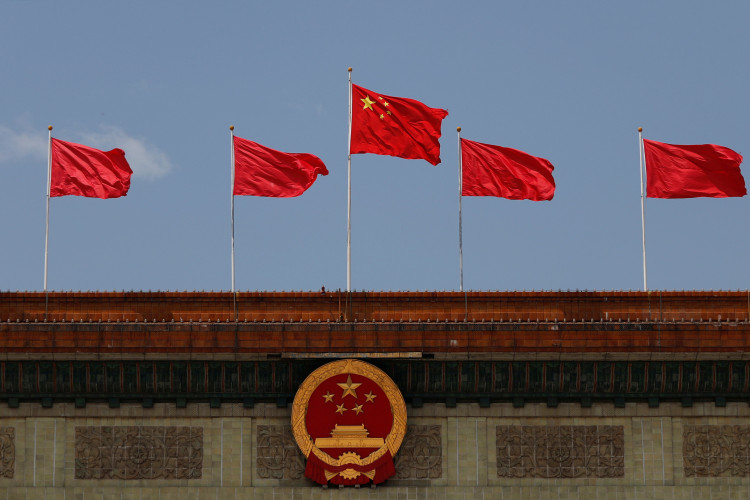China has issued strong criticism of the recent G7 summit, labeling it an "anti-China workshop". This response follows declarations by the G7 singling out China on several issues including Taiwan, nuclear weapons, economic coercion, and human rights.
State-supported Chinese outlet Global Times claimed on Monday that the United States was vigorously promoting an anti-China narrative among Western nations. "This is not just a matter of brutal interference in China's internal affairs and smearing China, but also an undisguised urge for confrontation between the camps," the publication stated in an editorial.
The Chinese foreign ministry expressed its staunch opposition to the G7's statement. It was particularly critical of Japan, the host of the summit, summoning its ambassador to China as a pointed form of protest. Russia, a close ally of China who was also criticized in the G7 statement for its actions in Ukraine, characterized the summit as an "incubator" for anti-Russian and anti-Chinese sentiment.
Tensions escalated further when China's embassy in the UK called on Britain to cease its defamatory remarks about China. This was prompted by comments from British Prime Minister Rishi Sunak, who labeled Beijing as the most significant threat to global security and prosperity.
The G7's primary communiqué referenced China 20 times, a notable increase from the 14 mentions in 2022. "China's reaction this time is quite intense," observed Wang Jiangyu, a professor at City University of Hong Kong.
Despite the harsh responses from Beijing, U.S. President Joe Biden signaled his expectation for a thaw in U.S.-China relations "very shortly". Nonetheless, some analysts, such as Moritz Rudolf, a research scholar and fellow at Yale University's Paul Tsai China Center, saw no signs of immediate easing, particularly given China's rapid and strong rebuttal.
The intensity of China's ire was emphasized by its decision to summon Japan's ambassador. China's Vice Foreign Minister Sun Weidong, in his meeting with the ambassador, accused Japan of conspiring with the G7 to slander and interfere in China's internal affairs.
On the other hand, Japan's ambassador to China, Hideo Tarumi, defended the G7's statements, insisting it was "natural" for the group to address issues of shared concern.
The criticism of Japan was particularly sharp, with Wang Yiwei, an international relations professor at Renmin University in Beijing, describing Japan's choice of Hiroshima as the summit venue and its call for a statement on nuclear disarmament as particularly provocative. "The main thing that's happening here is Japan, using its position as the rotating chair, to create an anti-China movement," Wang Yiwei stated.






